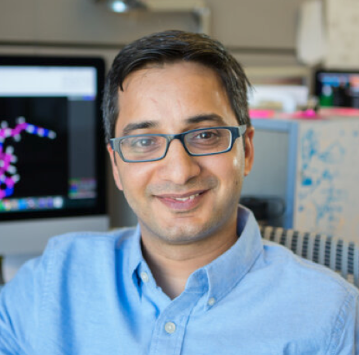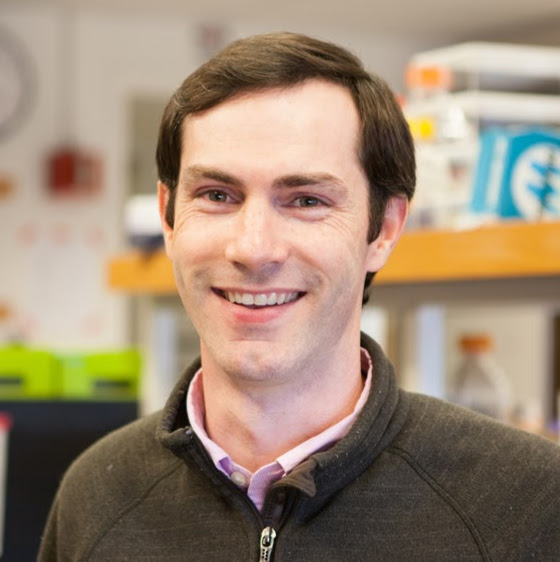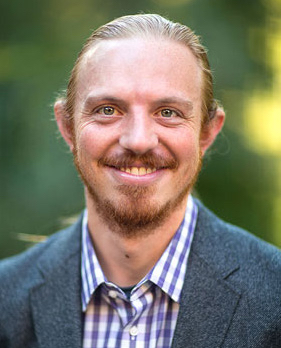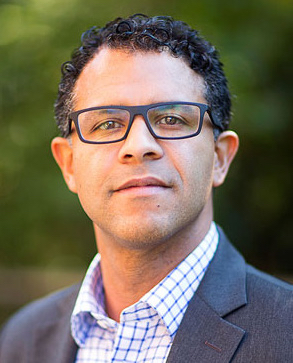
Our group focuses on designing sustainable materials. Through a holistic approach we develop bioplastics, biocomposites, and environmentally friendly structural materials sourced from biological building blocks, and specifically from biopolymers. Our work involves the study of diverse organisms from algal, bacterial, and plant kingdoms, aiming to leverage their inherent biopolymer composition and hierarchical structure for innovating new materials. Our focus on circularity includes utilizing carbon-negative biological materials, minimizing energy-intensive processing, and enabling end-of-life strategies. We investigate the relationship between structure, processing, mechanical properties and environmental impacts aiming to engineer materials with tailored performance and a reduced environmental footprint. Read More

Our research focuses on computational and experimental tools for the high-throughput design and validation of peptide-based therapeutics. Current projects in our lab aim to design bioactive peptides against clinically-relevant molecular targets in drug resistance, chronic pain, and neurodegenerative disorders. We are also developing a general rulebook of design principles for peptides with enhanced membrane-permeability, oral bioavailability, and blood-brain barrier traversal. Read More

Research interests: Protein design, protein self-assembly, protein structure, protein therapeutics, nanoparticle vaccines, and immunoengineering Read More

We are interested in understanding how biological organisms process information using complex biochemical networks and how such networks can be engineered to program cellular behavior. The focus of our research is the identification of systematic design rules for the de novo construction of biological control circuits with DNA and RNA components. Our approach integrates the design of molecular circuitry in the test tube and in the cell with the investigation of existing biological pathways like the microRNA pathway. Engineered circuits and circuit elements are being applied to problems in disease diagnostics and therapy. Read More

The Klavins Lab uses tools and methodologies from electrical engineering and computer science to develop detailed mechanisms that will inform the development of novel biological systems in the emerging field of synthetic biology. Topics of research interest include gene expression, auxin signal processing, synthetic multi-celled systems, and directed evolution. Read More

Our team seeks to integrate the governing principles of rational design with fundamental concepts from material science, synthetic chemistry, and stem cell biology to conceptualize, create, and exploit next-generation materials to address a variety of health-related problems. We are currently interested in the development of user-programmable biomaterials for assaying dynamic stem cell fate and tissue engineering applications, controlled therapeutic delivery to combat disease, and new tools for enhanced proteomic studies. Our work relies heavily on the utilization of cytocompatible bioorthogonal chemistries, several of which can be initiated with light, to control material properties on the molecular level. Read More

Our goal is to develop design platforms for engineering complex genetic control systems for fundamental and applied synthetic biology. In our work, we combine computational modeling, in vitro selection and genetic engineering to construct RNA-based systems that can process cellular information and program the expression levels of large numbers of genes. Our aim is to enable both better understanding of fundamental biological processes and applications to meet demands for renewable chemicals and new therapies. Read More